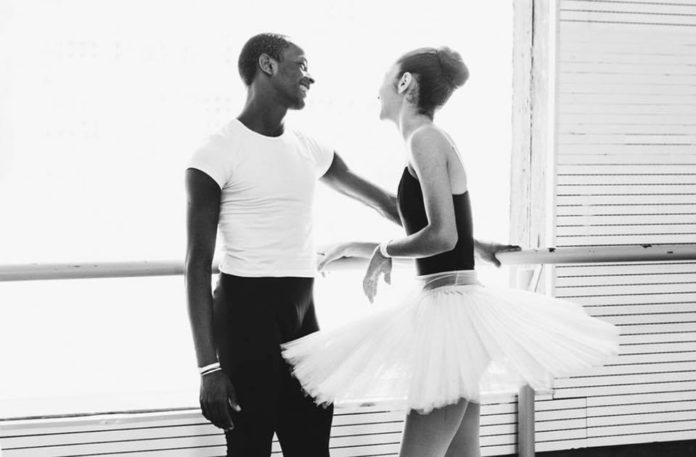We’ve all been there. You walk into ballet class, find your favorite spot at the barre, and chat excitedly with your friends. You’ve been looking forward to getting to the studio – where you feel most at home – as you know how much of an outlet dancing usually is after a long day at school. That is, until things start to go wrong. Your balance is off, you’re stiff, you can’t feel your muscles engaging the way they normally do, and you feel like your teacher just had to pick today – of all days! – to give the longest adagio ever. In short, absolutely nothing feels like it’s working.
If this sounds familiar, it may be reassuring to know you’re in good company. Although it might seem in the moment as though you are the only one who’s ever struggled to get through a class or rehearsal that feels like it’s going this horribly, there is no dancer on the planet who doesn’t go through their own “off” days now and again. Professional dancers in companies all over the world will agree that having these kinds of classes, or even entire days feeling out of sync with their bodies, is simply par for the course and an unavoidable part of being a dancer. Dancers are human after all, not robots. And like all humans, we are prone to day-to-day changes in our bodies, mental and emotional state, and a variety of other factors from the outside world.
The challenge – and the distinction that makes professional dancers professional – is learning how to channel a potential negative, downward spiral of despair into something more positive: a learning experience and a chance to tune in even deeper to the intricacies of both your technique and artistry. So, let’s dive in, shall we? Read on for tips to overcome even the worst “off” days.
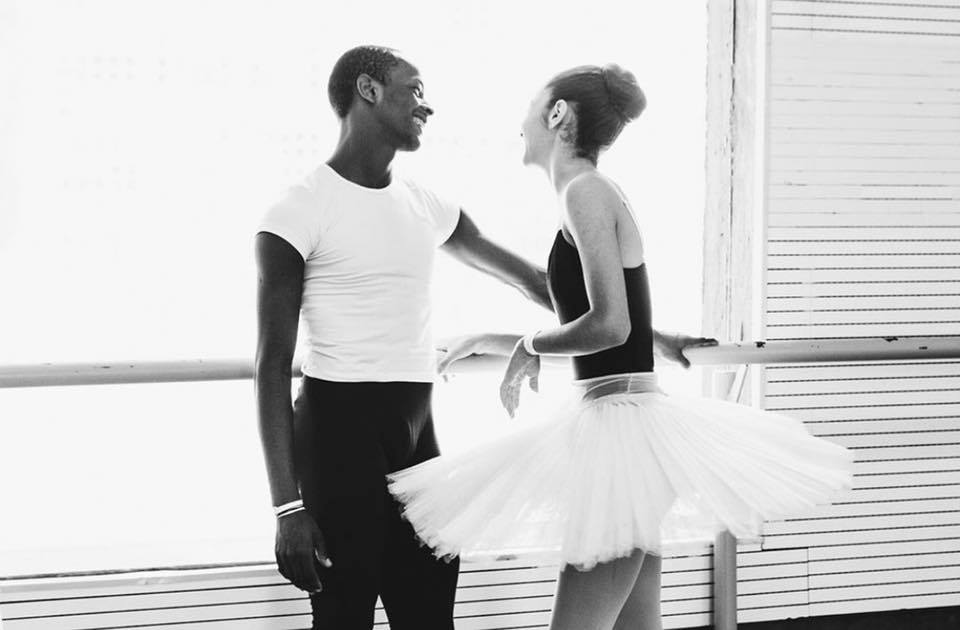
Take a Step Back…and Breathe
If you struggle with staying motivated when the cards are, seemingly, stacked against you in class, try taking a step back and bringing your attention to the most basic thing of all: your breath. Yes, things might not be going perfectly – your pirouettes aren’t really working today, or maybe you can’t seem to feel your feet during jumps – but instead of allowing yourself to get more and more aggravated as class goes on, take a moment and simply…pause. Physically and mentally. Allow yourself even just a few moments in between combinations to remain still, maybe even close your eyes if possible, and focus on taking a few slow, deep breaths in and out.
When we encounter situations that send our bodies and minds into a heightened state of stress, our muscles unconsciously tense up and our breathing automatically constricts. This simple practice can us relax, lowers the effects of the stress hormone cortisol in the body, and even improves blood flow and energy levels. So, the next time you feel yourself start to tense up when something’s not working, try to consciously breathe through it – you might find that doing so throughout class can help you remain more focused and alert, no matter what comes your way.
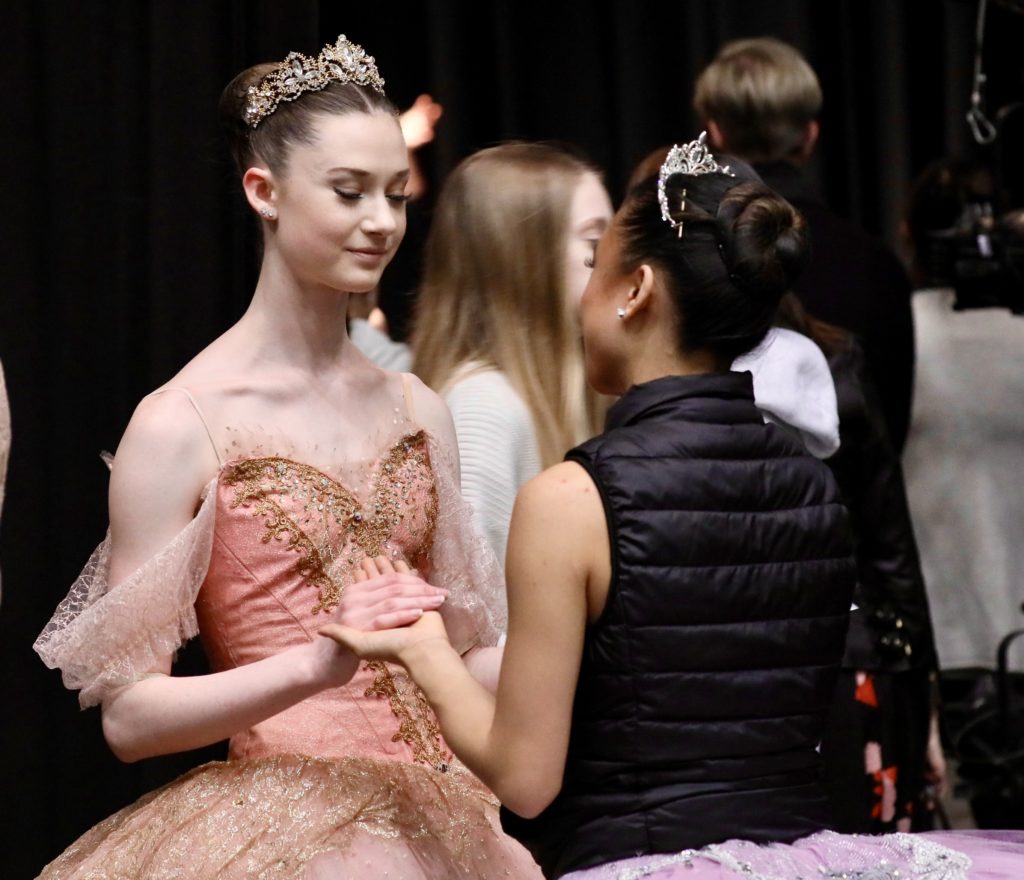
Focus on What You Can Control
Dancers possess an intimate knowledge of their own bodies more so than anyone else, so it can be frustrating to feel as though you have absolutely no control over yours during an “off” class. Thus, it can be helpful to reframe the situation in a more productive light. Instead of focusing on all of the things that are not working or that feel out of your control, try shifting your mindset to focus on what you can control instead. For instance, if your balance is wobbly, this doesn’t mean that you can’t focus on other aspects of your technique – using the full extent of your plié, improving the line and placement of your extensions, or sharpening your petit allegro footwork.
In addition, on days where your technique feels shaky at best, there is one crucial aspect of your dancing that you absolutely can control and work on: your artistry. In fact, this is the perfect time to focus on musicality or to really feel the expansiveness of your port de bras. Think of each class combination as its own mini variation – how can you experiment with different musical accents or create a distinctive “character” even in a tendu combination? How can you evoke a different feeling in fondu versus frappé? In adagio versus grand allegro?
Use this as an opportunity to dive deeper into areas of your dancing that might (unintentionally) be neglected in an otherwise “normal” class. Seen in this light, an off day can actually be a gift.
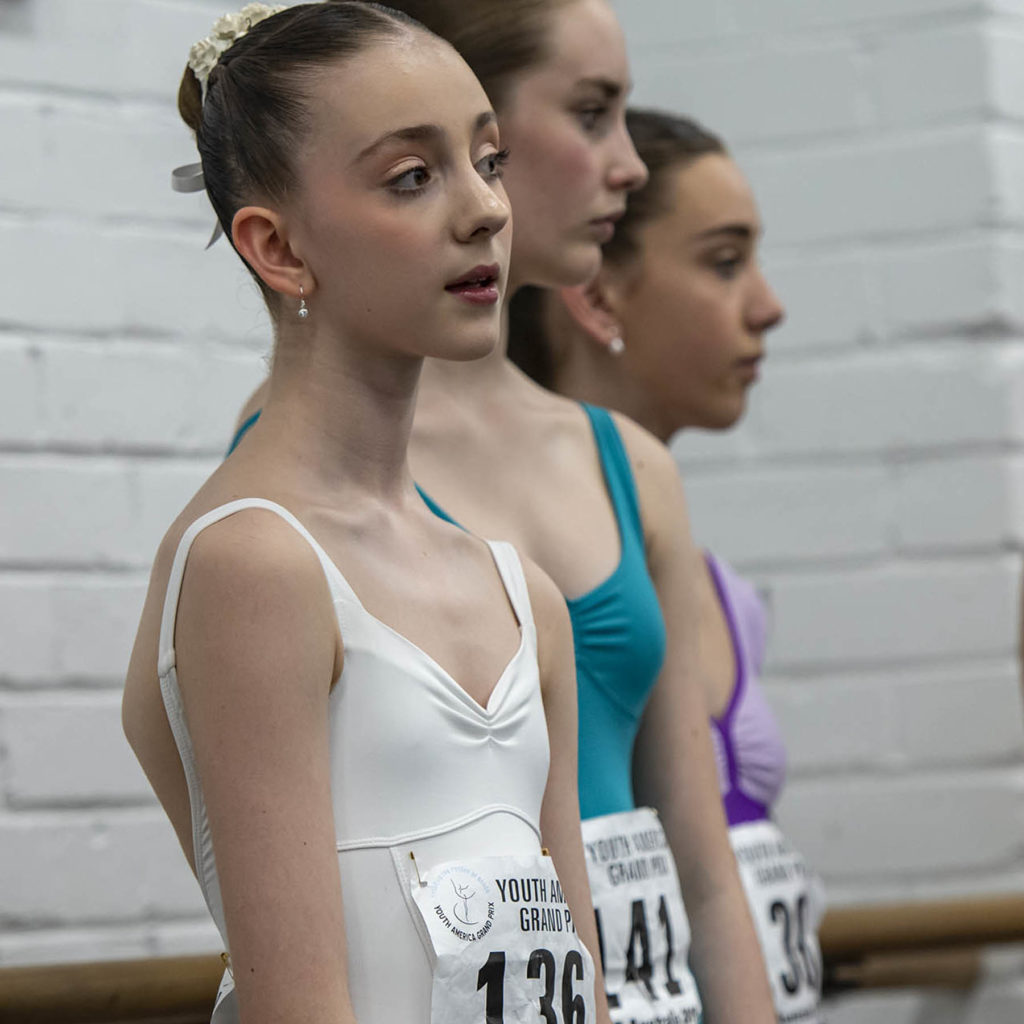
What is This Trying to Teach Me?
While off days are oftentimes unavoidable, as much as we would wish otherwise and especially in a discipline that requires so many demands – physically, emotionally, mentally, even psychologically – there are other times when it can be helpful to ask yourself one question: what is this trying to teach me? In other words, when things don’t seem to be working well in class, it might be worth considering why you may be in a bit of a funk to begin with.
This requires a bit of self-evaluation in a few areas:
- Are you getting enough sleep on a consistent basis?
- Are you eating a variety of healthy foods, enough to feel nourished and energized for class?
- Have you been under the weather recently?
- Are there any other stressors happening in your life that might by contributing to a general feeling of being overwhelmed?
- Are you taking time to enjoy other non-dance activities, such as being with your friends and family, reading or watching your favorite films, or other self-care practices?
Honestly assessing what other factors may be at play in your motivation level in class can be key in uncovering what you can do outside of class to start feeling more like yourself again. Developing routines and rituals that help sustain your well-being in all areas is something that takes practice and fine-tuning, but the effects are far reaching…and worth it!
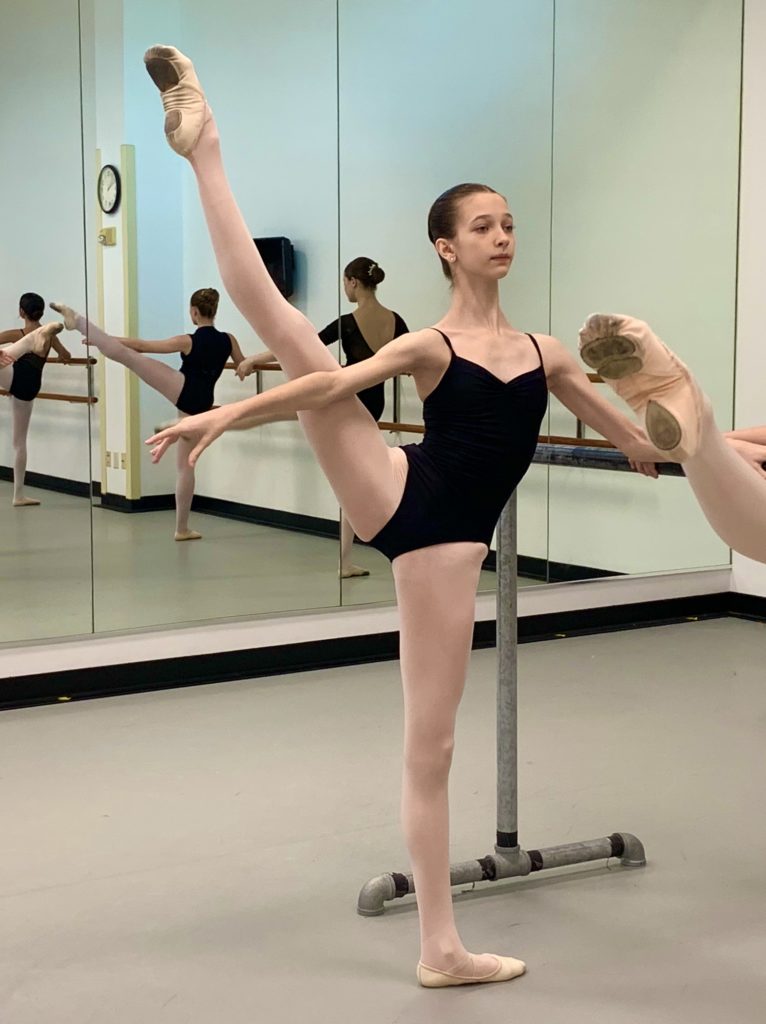
Remember the Big Picture
On the other hand, sometimes an off day is simply that: an off day. Every class is different, and it’s important not to beat yourself up over one that is less-than-perfect now and then. After all, even the most well-known ballet stars did not become an overnight success. Only through years upon years of diligent daily work in the studio is a dancer built and, even then, the most accomplished professionals are still working every day to improve and grow as artists.
More than likely, you’re already well aware of this, but it’s also possible that you might not be allowing yourself the same latitude you’d give to someone else. In other words, say a close friend of yours was having a noticeably off day. Would you tell her that the day is a total waste, or would you offer support and help her see the reality of the situation: that one rough class is not the end of the world? Chances are you’d go with the latter, which means you know this intellectually. Emotionally, though, is where we don’t always give ourselves the grace we extend to others.
Think of it this way: have you ever had a few days away from dance, maybe for a holiday or short vacation, and you come back feeling utterly refreshed and rejuvenated? Sometimes allowing ourselves to literally step away from the studio can do wonders not only for our mental and physical health, but also for the technique we’ve been struggling with in class. Now, this doesn’t necessarily mean you need to go and take a vacation tomorrow. The same concept can be applied in smaller, everyday instances: instead of turning endlessly on the side and getting more discouraged by the minute if things aren’t working, WALK AWAY FROM THE PIROUETTE. Really. Try just doing a preparation instead and holding your balance with a strong center and opposing muscles at work in your passé. You can always return to turning later, but in the moment, it can help to move on to something else – a literal signal to your brain to let it go.
**************************
The artform of ballet, and the process of dance education, is a never-ending quest for that which is truly unattainable: perfection. With passion and persistence, though, we learn about our bodies, discover our own strengths, and develop the individuality, creativity, and artistic maturity required of successful dance artists. It can be easy to lose sight of our why, our reason for dancing, in a moment of frustration, but don’t let those small stumbling blocks turn into impossible obstacles. Motivation can be a tricky thing sometimes, but even on what feels like your worst “off” day, you can focus on your breath and what you can control, ask what you can learn from this experience, and remember the bigger picture. And if all else fails, know that tomorrow is a new day, a new class, and a new opportunity to share your love of dance with the world. Onward!
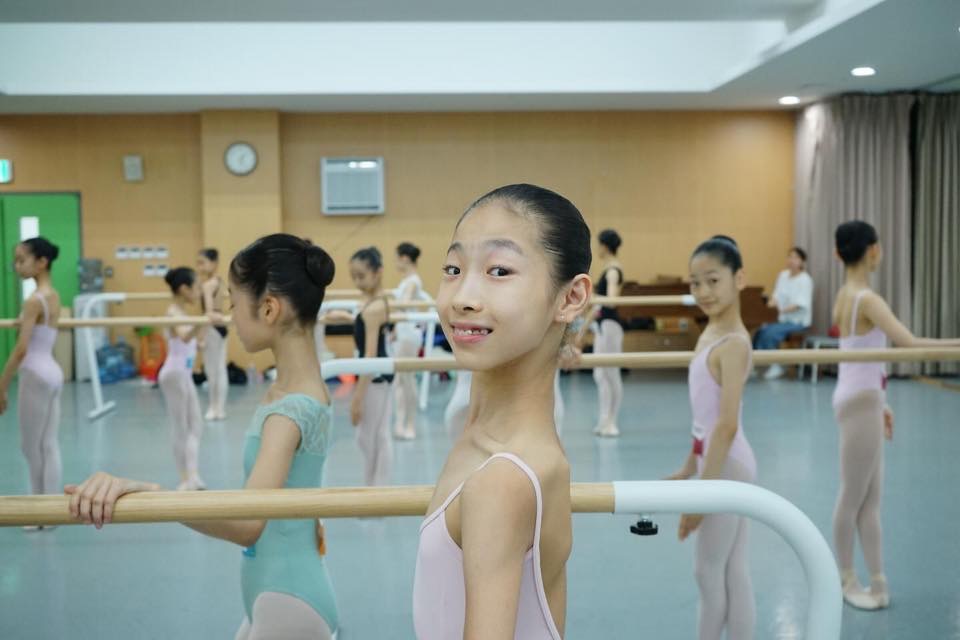
If you enjoyed this post, please share with others by using #YAGPBlog and tagging YAGP.
Comments, questions, requests for future blog articles? Write to us below, or send us an email. Your comments help us better serve readers like you. Till next time!














